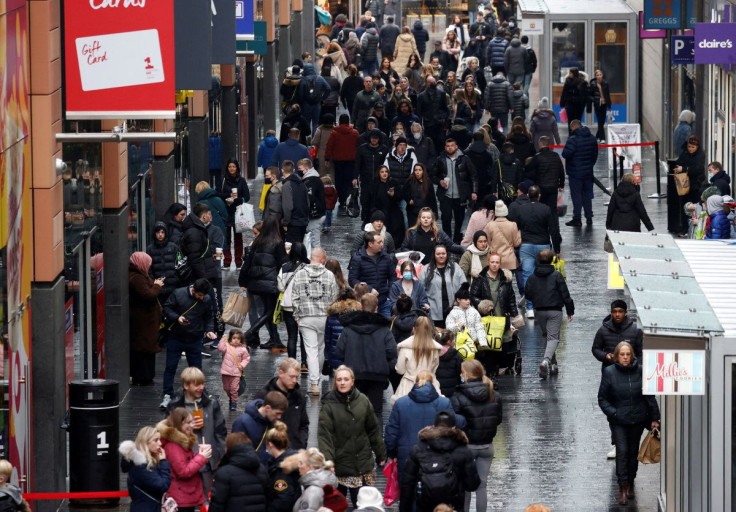What Is Boxing Day? Meaning, Origin & Traditions

KEY POINTS
- The annual National Boxing Day, or "second Christmas," is celebrated on Dec. 26
- The United Kingdom and other countries of the British Commonwealth celebrate the holiday
- St. Stephen's Day and National Boxing Day are related because of their shared commitments
There's still a faint air of Christmas after celebrating it, so there's no shame in giving your friends and loved ones their post-Christmas gifts. The annual National Boxing Day, or "second Christmas," is celebrated on Dec. 26. It offers a wonderful opportunity to give presents that come in boxes to make your loved ones feel that the season of giving is also the season of remembering.
Meaning
National Boxing Day is not about taking blows in stride. Instead, it is a day for gift-giving, steeped in a culture of class distinction. The post-Christmas holiday was traditionally about nobles who would customarily show their gratitude to their servants or employees by exhibiting goodwill practices and giving them small presents, money and leftovers to repay them for their hard work during Christmastime.

The traditional post-Christmas holiday practices have changed in the 21st century, where people celebrate the day after Christmas with a day of shopping and sporting activities. People in the United Kingdom and other nations that are part of the British Commonwealth, such as Australia, Canada, and New Zealand, observe National Boxing Day.

Origin
St. Stephen, the patron saint of Deacons, altar servers, bricklayers, casket makers and stonemasons, is well recognized for extending his pastoral mission by committing charitable deeds and aiding the poor, reason why the British holiday is tied with St. Stephen's Day. But after inciting hostility among the Jews with his teachings about God, Stephen was stoned to death. He is remembered as the first Christian martyr.
It's unclear where the tradition of Boxing Day came from; however, there are several theories about its origin. National Geographic said the origin of Boxing Day may be traced back to lower-class workers asking rich landlords or aristocrats for tips or "boxes" after Christmas.
Another explanation for the origin of Boxing Day dates back to the Victorian-era England when servants were compelled to work on Christmas Day at the whim of their noble masters, preventing them from spending the holiday with their loved ones. This led to the upper class owing their servants Christmas gratuities in the form of gifts, cash and Christmas leftovers.
But as the market evolved in the modern era, Boxing Day in the U.K. became a holiday celebrated by taking advantage of big shopping discounts and attending sports events. Furthermore, because of the increase in income and sales of stores and brands, most shopping sales continue right up until the end of the month.
Traditions
As a public holiday, Boxing Day allows workers in the U.K., Canada, South Africa, New Zealand and Jamaica to take it easy after the hectic Christmas celebration by giving them a day off.
In addition to taking advantage of Black Friday-ish sales and sports events, many people also enjoy a day at the theater on Boxing Day by seeing family-friendly productions of children's plays and fairy tales known as pantomimes.
But in Jamaica, people gather with their loved ones to enjoy a day at the beach, see Caribbean-themed pantomimes and watch boxing fights on Boxing Day, according to National Today.

© Copyright IBTimes 2024. All rights reserved.





















